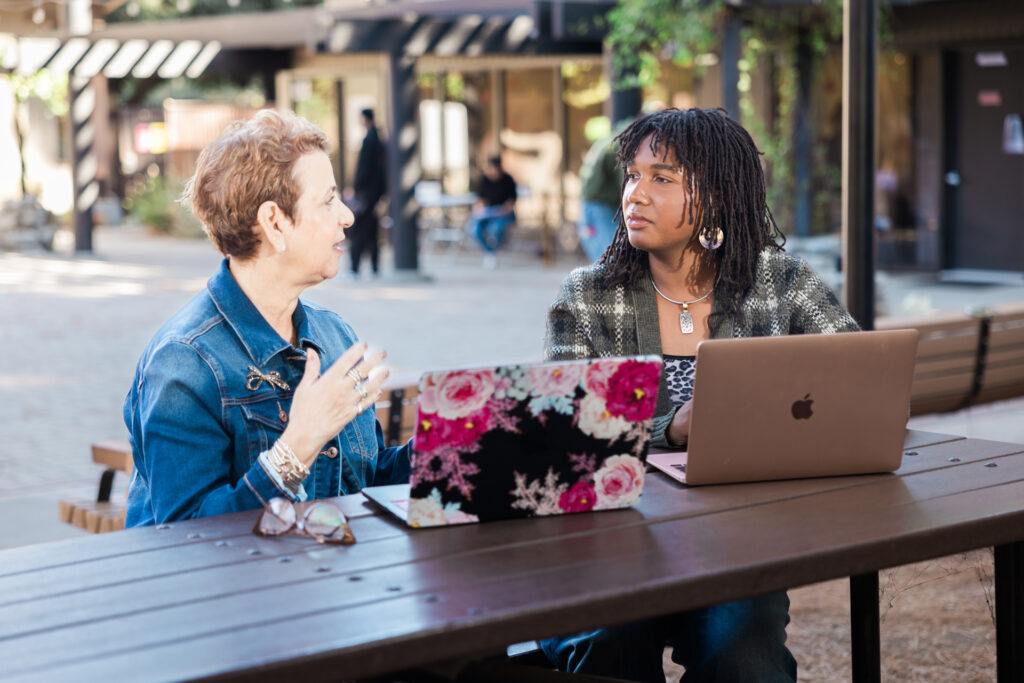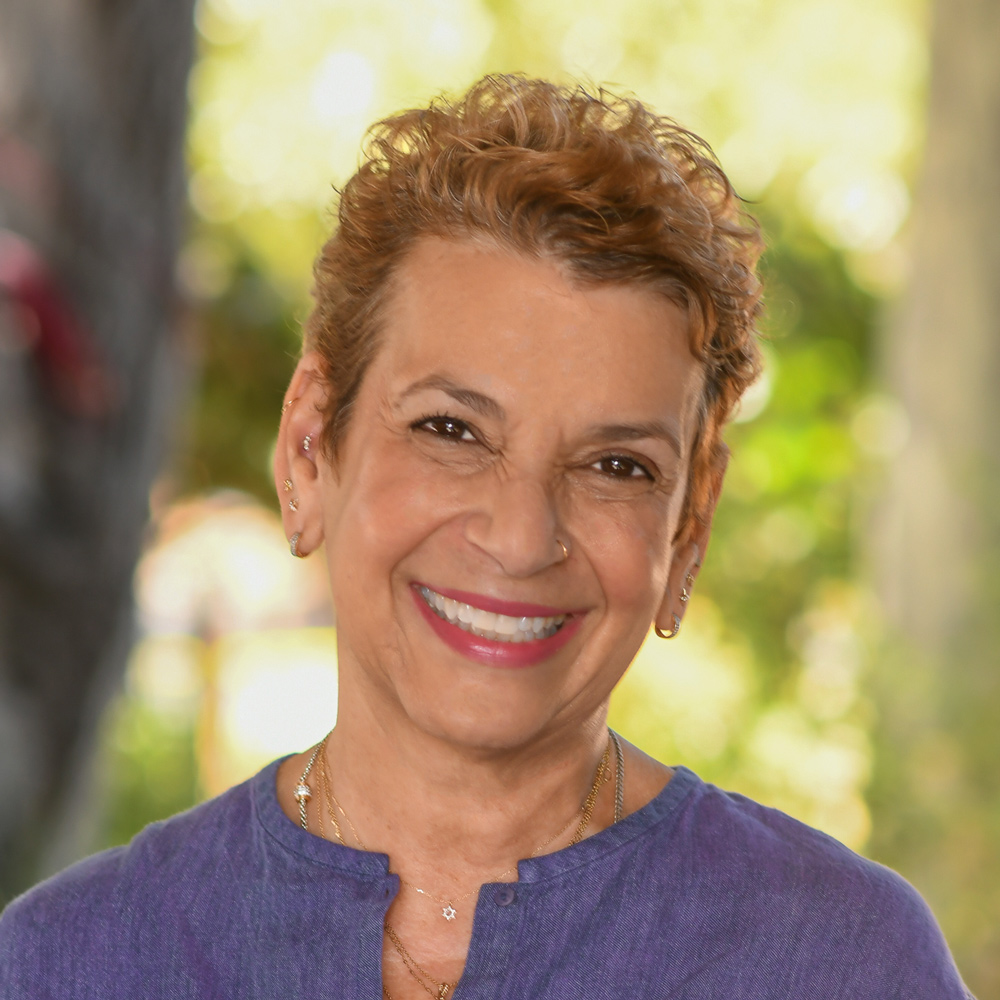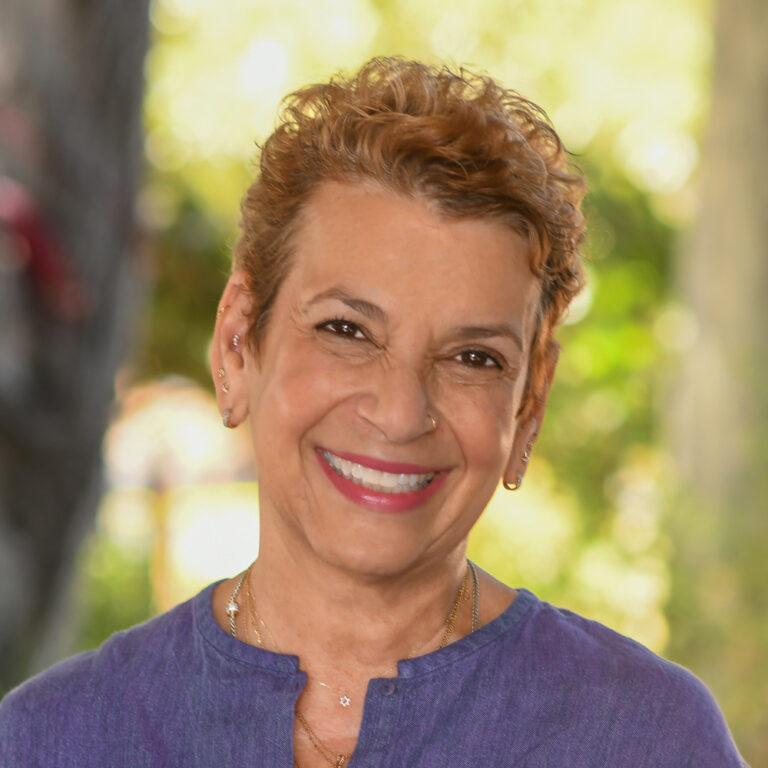
College Counseling
Sequoyah School’s counseling program seeks to take the often-daunting task of college admissions and break it down to manageable tasks that are surprisingly fun! We place students at the center of the process by creating a welcoming environment and cultivating a culture of non-judgmental guidance in finding exceptional schools for our exceptional students.
By dispelling myths and mystiques and providing answers to the wide range of questions from students and their families, we aim to take the guesswork out of the process and inspire students to dream big and reach far.
Throughout the four years of high school, Sequoyah’s college counselors conduct workshops and host events tailored to each grade level, guiding students and parents through the process of selecting appropriate courses. These workshops and events cover topics such as financial aid, support for first-generation college students, and preparation for the transition to adulthood.
Starting in ninth grade and accelerating through senior year, we challenge students to consider how their talents, abilities, and dreams will shape their college search and experience. We support and nurture these talents, abilities, and dreams, helping students identify schools that are a good match.

High School Profile
Learn about the academic scope and sequence, signature programs, featured extracurriculars, and outcomes at Sequoyah’s high school.
Overview of the College Process
Ninth Grade
Ninth grade is a time for you to get used to being in high school. Some of you have been here since kindergarten; whereas others are just beginning your Sequoyah experience. Give your best efforts to your courses and enjoy yourself a little!
Curriculum
- Start thinking about how you learn best. What makes you successful in the classroom?
- Choose a good balance of challenging courses for the 10th
- Select Z Block courses that feed your intellectual and creative curiosity.
- Talk with your advisor if you have questions or concerns about your academic and extracurricular endeavors.
- Meet with your advisor to plan your high school schedule for next year and the rest of high school.
- If you have questions about any of your classes or assignments, schedule time to meet with your teachers. (They love it when students come to them and show interest in their subjects.)
- Check-in with the Student Support Coordinator or Dean of Students to submit an application to the College Board SSD (Services for Students with Disabilities) if extended time will be needed on standardized testing. If approved, extended time will be provided for all College Board testing throughout high school.
- Select a Talking Leaves topic that is meaningful to you. Meet often with your Advisor as you prepare. As an audience member for your peers, take note of any tips for success that you can carry into future Talking Leaves seasons.
Activities
- Explore your passions and interests. What do you enjoy doing? What makes you curious? Sports? Arts? Music? Community and civic engagement? Why?
- Consider joining a club or an athletic team.
- Try performing in drama or music courses.
- Join our Gryphon Media Company as a writer for The Barefoot Times, a DJ for our KAWW radio station, or contribute art or design skill to any other publication.
- Think how you will connect passions and questions you have about how the world works to your work in the Social Innovation Program (SIP). Seize the opportunities you have in SIP to learn how to be a professional email writer and conversationalist. Stay in touch with the guests you meet in SIP.
- Consider running to become your grades representative to the Steering Committee. Elections for 9th grade reps are held in September.
- Consider running to become your Stewardship Committees chair. Elections are held in the spring. Invest your all into your Stewardship Committee throughout the year, so you re well positioned to run for chair.
- Visit college campuses whenever you have the opportunity; while on family vacations, road trips, even locally.
- Get in the habit of reading the weekly SNAC. Especially, keep an eye on the Volunteerships Community Events/Opportunities section.
All of these activities will make it easy for you to be engaged with your high school community and will help you learn more about yourself.
Tenth Grade
Continue building the skills highlighted in ninth grade. Try new things explore your interests and passions and take on some new challenges.
Curriculum
- Take the PSAT 10 (the practice SAT) in October at Sequoyah. We will register you for the test. There is no need to stud or prepare for the PSAT
- Meet with your advisor to plan your high school schedule for next year and the rest of high school
- Set up a SCOIR account with your advisor
- Continue to think about how you learn best. What makes you successful in the classroom? Why?
- If you didnt do this during ninth grade, check-in with the Student Support Coordinator or Dean of Students to submit an application to the College Board SSD if extended time will be needed on standardized testing. If approved, extended time will be provided for all College Board testing throughout high school
- Continue to do your best in your coursework.
- Cultivate relationships with your teachers. They have a lot of wisdom to offer you – remember this is not just about making them like you so that they will write you a great recommendation letter in senior year!
- Practice advocating for yourself by communicating with your teachers whenever you have any questions
- In your classes and SIP work, take note of the questions that pique your curiosity, especially as they relate to truly creating a world that celebrates the human dignity of all people. Those questions will serve as good starting points for your 11th grade SIP Impact Project.
Activities
- Attend a “Colleges That Change Lives College Fair, generally held during the summer.
- Attend a NACAC College Fair, held in the spring.
- Continue developing your extracurricular interests. What do you enjoy doing?
Sports? Arts? Community or SIP work? Anything else? Why? - Attend the PSAT Score Back Night presentation with your parents
- Plan your summer thoughtfully — Will you help out at home? Follow new/old interests? Take courses for enrichment? Volunteer?
- Begin posting your high school activities on SCOIR
- Talk with your advisor and your parents about internships, summer courses, and community service projects
- Take a ride over to USC, UCLA, Occidental, Whittier or Caltech to see what its like to be on a college campus. If you are game for a longer trek, head out to The Claremont Colleges, where you can visit five undergraduate colleges all at once.
Eleventh Grade
Junior year is a time to continue focusing on your courses and your extracurricular activities. Explore your interests more deeply.
October
- Take the PSAT 11/NMSQT.
- Take a free Practice ACT.
November
- Begin researching scholarships via the various sites listed in the college counseling page in the Family Portal.
December
- Attend the PSAT Score Back Night presentation with your parents.
- If you have travel plans over winter break, decide which colleges you can visit while away.
January-February
Meet with Your Counselor
- Schedule a meeting with your college counselor to talk about your future plans. You will discuss the college search process. This will be the beginning of a year-long conversation with your college counselor.
- Think about your goals, and what you would like to pursue in college.
- Consider your strengths as a student, an athlete, an artist, and sometimes, your financial situation.
- You will start to compile a list of schools that might be of interest to you. Complete the Junior Year Questionnaire on SCOIR.
- Update your resume with all that you completed during the first term — sports, art, theater, etc.
PSAT, SAT and ACT
- Review your PSAT results with your college counselor, if you chose to take the PSAT
- Discuss which test (ACT or SAT) is better suited to your learning style, and register for tests
- If there are areas that you need to strengthen, this is also the time to discuss test preparation (We encourage test prep, but not at the expense of your academics, so be mindful of your time commitments)
Keep Track of Your Accomplishments
- Designate a safe place (a drawer, a box, a file, an electronic file or folder) to store evaluations, test scores, awards, and any schoolwork of which you are particularly proud.
March
SAT and ACT
- Register for ACT, SAT and, if appropriate, SAT Subject tests
- Continue to prepare for the tests you plan to take
Spring Break College Visits – Virtual or In Person
- Take time over spring break to tour a few colleges, or if it’s not safe, take virtual tours.
- If possible, take public transportation to UCLA, LMU, or USC. These are great places to begin learning about what it’s like to be on a college campus.
April
SAT and ACT
- Register, prepare for, and take any standardized tests
Teacher Relationships
- You should be thinking seriously about who you might ask to write your recommendation letters
College Contacts: Virtual or In-Person
- Attend any virtual or local college fairs – check the college counseling calendar for update.
- Contact colleges and universities that are of interest to you – even if you are not sure if you will apply Show “early” interest, because some colleges keep track of your interest in them.
- Attend the Case Studies Night either in person or virtually.
Summer Opportunities
- Check the Sequoyah website for many virtual and in-person summer opportunities.
- Firm up your summer plans.
May-June
SAT and ACT
- Register, prepare for, and take the SAT or ACT
Meet with Your College Counselor (if you haven’t)
- Review your transcript and address any questions or anomalies Discuss summer plans
- Discuss (with your counselor) requesting letters of recommendation from teachers and follow the protocol that the college office suggests for doing so
- Teacher recommendations requests are finalized in June
Twelfth Grade
Throughout the fall semester, your college counselor will continue to be available to guide you through the college process and give you feedback on your applications.
August-September
Attend College Application Workshop at Sequoyah
- Fill out the Common Application.
- Brainstorm and write essays.
- Work on writing supplements.
- Take the SAT or ACT, if appropriate.
College Representative Visits
- Sign up for college representative visits at Sequoyah – including some schools you don’t know about!
Meet with Your Counselor
- Check in.
- Review college list.
- Decide if you want to apply Early Decision or Early Action anywhere.
- Submit drafts of essays to your college counselor for review.
October
SAT and ACT
- Take the SAT and/or ACT, if appropriate. Take your final SAT/ACT by October if applying early, by December if applying regular decision.
Applications and Deadlines
- Continue to work on your applications.
- Submit EA/ED applications before the deadlines.
- UC and Cal State Applications will be available online from October 1- November 30
- Finalize plans about when to apply to the colleges on your list: ED (Early Decision), EA (Early Action), or Regular Decision
- Review applications and essays with the college counselor.
College Representative Visits
- Sign up for college representative presentations at Sequoyah.
- Set up regional or Zoom interviews for schools that you can’t visit.
November
SAT
- Take the SAT, if appropriate.
Applications and Deadlines
- EA/ED Application deadlines: November 1 and 15
- UC and CSU deadlines: November 30
- Scholarship and Arts Program Deadlines often come on December 1, at least one month earlier than RD deadlines.
- Attend the UC Application Workshop at Sequoyah in early November.
- Review applications and essays with the college counselor.
December
Applications and Deadlines
- December 1 some EA/Scholarship and Arts Programs Deadlines
- Submit the rest of your applications before winter break.
- Early Decision applicants: If you are admitted to a school ED, remember you must withdraw all other applications.
January-February
Confirm That You Are All Set!
- Check in with your college counselor.
- Submit any outstanding applications.
March
- There is no set date, but you will begin to hear back from colleges with their admissions decisions—some not until late March.
- Try to focus on having a great senior year, and know that you will eventually hear from all of your colleges.
- Check in with your college counselor if you have any questions.
April-May
- If possible, visit colleges to which you have been accepted to and see how it feels to be on campus.
- Many colleges will offer admitted student events- attend them, if possible.
- Review financial aid packages.
- Make a housing deposit early.
- Meet with your college counselor to discuss your options.
- May 1: Submit your enrollment deposit to the school you’ll be attending in the fall!
June-July
- Complete your senior year in good standing.
- Graduate.
- Enjoy your summer.
- Final grades are sent to all colleges for all students.
- Write thank you notes to your teachers and parents if you have yet to do so!
- Go to college!
